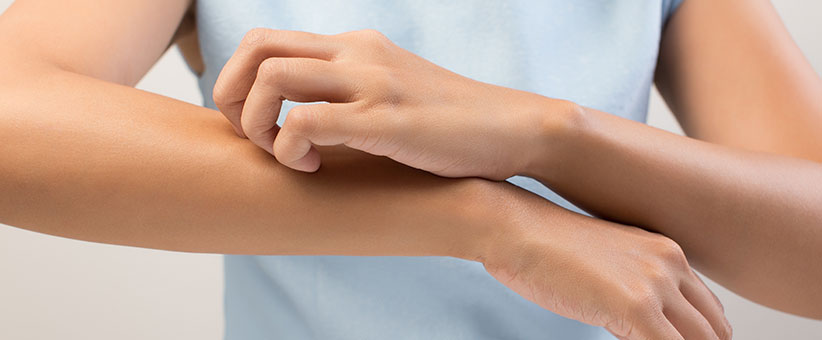Picture this. You wake up one day, and you come into contact with something, and you start showing all the classic symptoms of allergy: nasal congestion, sneezing, coughing, sore throat, and others. You visit an allergy clinic, and the allergy doctor tells you, you have an allergy.
Can you develop allergies later in life? You wonder. The short answer is yes, you can develop allergies later in your life.
How can you develop allergies later in life?
To answer this question, we need first to understand how allergies come about. You are said to have an allergic reaction when your body reacts to a specific allergen. This can be pollen, food, mold, pet dander, or any other substance. In contact with the allergen, the immune system produces antibodies aimed at fighting the allergen.
When you develop allergies later in life, it’s often due to a change in the environment. You might have been exposed to a new allergen. For example, when you move to a new area with new plants, than you are used to or get a new pet. You also might come across an old allergen but at higher levels than before.
It’s also common to develop an allergy to a chemical you are regularly exposed to. Long-term exposure to these chemicals can lead to loss of tolerance.
When it comes to food allergy, you can develop the allergy due to changes in the immune system (that weakens with age). When you are exposed to the allergens when your immune system is compromised, such as when you are pregnant or ill, allergy symptoms show.
Common adult allergies
Almost any allergy can develop later in life, but the most common ones that come about at this time are:
Seasonal allergies: Seasonal allergies result due to ragweed, pollen, or any other plant allergens. These allergies are common in spring or fall when the pollen count is high in the atmosphere.
Pet allergies: It’s common to develop allergies when introducing a new canine or feline friend to your family. Since you are coming into contact with new skin flakes or dander, it’s easy to start showing allergy symptoms.
Food allergies: It’s estimated that over 11% of adults in the United States suffer from one form of food allergy or another, with nearly half of them showing symptoms in their adulthood. Common food allergies people show are fish, tree nuts, peanuts, and vegetable pollen.
How are these allergies treated?
Your allergy doctor can treat allergies differently depending on the type of condition you are suffering from. The most common ways to treat the condition include:
Nasal sprays: These are medications that reduce the swelling of the nose. You can use them when having a stuffy, runny, or itchy nose.
Inhalers: Inhalers are medications inhaled into the lungs that open the airways. There are plenty of inhalers that include daily use and rescue inhalers that you use for emergencies.
Prescription antihistamines: Unlike before, you can get most of the antihistamines over the counter.
Allergy injections or immunotherapy: Allergy injections are a series of injections meant to desensitize your immune system to the allergens that trigger your allergic reaction. The goal of the treatment is to retrain your immune system, so it stops flagging the allergen as dangerous. The therapy also decreases the frequency or severity of the allergy symptoms.
Can the allergies go away with time?
Yes, allergies can go away with time. Even when you develop the allergies as an adult, it’s normal to notice the symptoms begin to fade after some time. For example, if you develop the allergies in your 40s, they might start to fade as you approach your 50s, and the severity of the symptoms might go down as years go by.
When should you see an allergy doctor?
Some allergy symptoms are mild and don’t require the attention of an allergist Germantown MD. Most of the symptoms will go away with reduced exposure to allergens or taking medications. If you have waited for the symptoms to fade, but they don’t, it’s time to see a doctor. Seek medical help if you feel abnormally dizzy, your tongue or throat begins to swell, or start throwing up.









